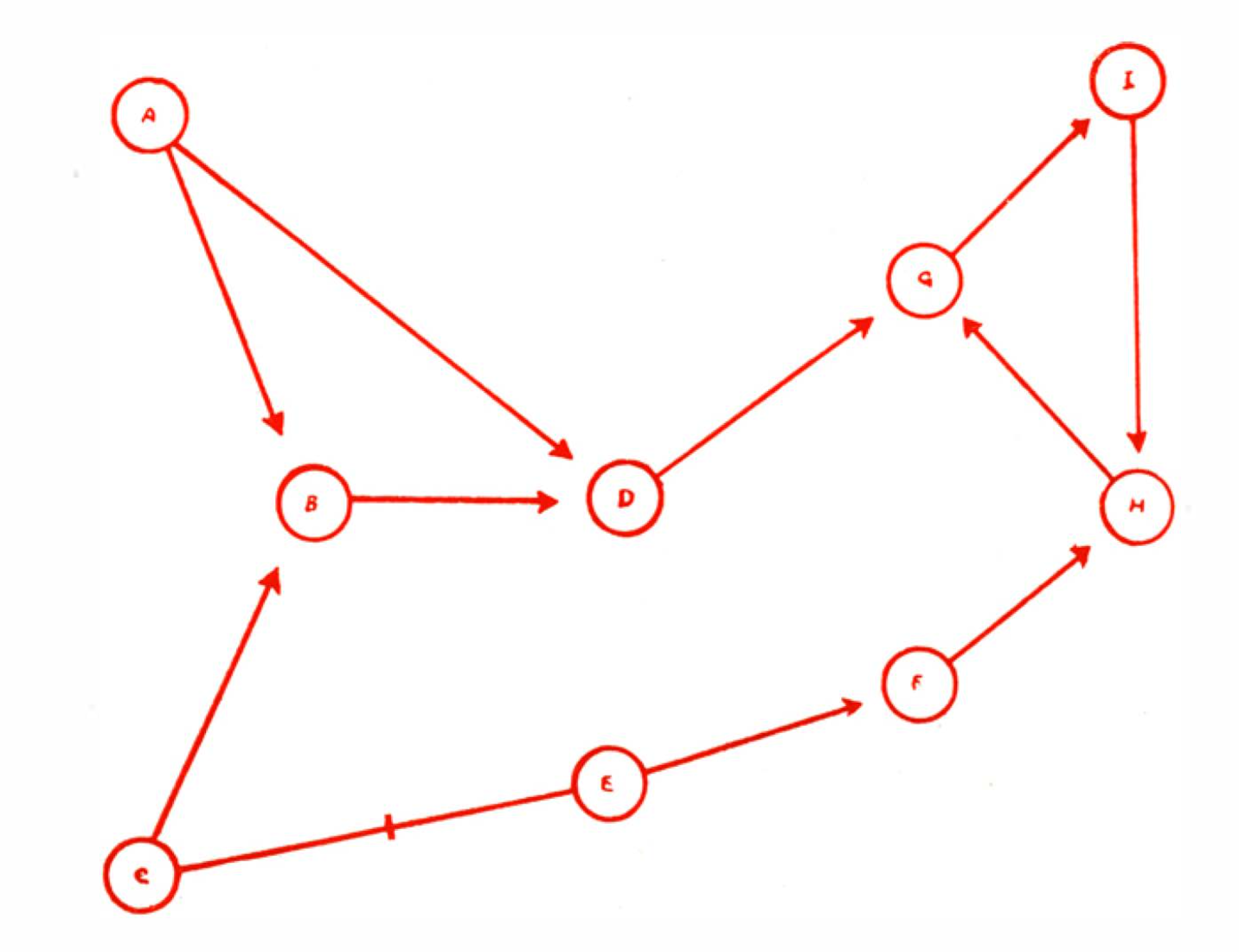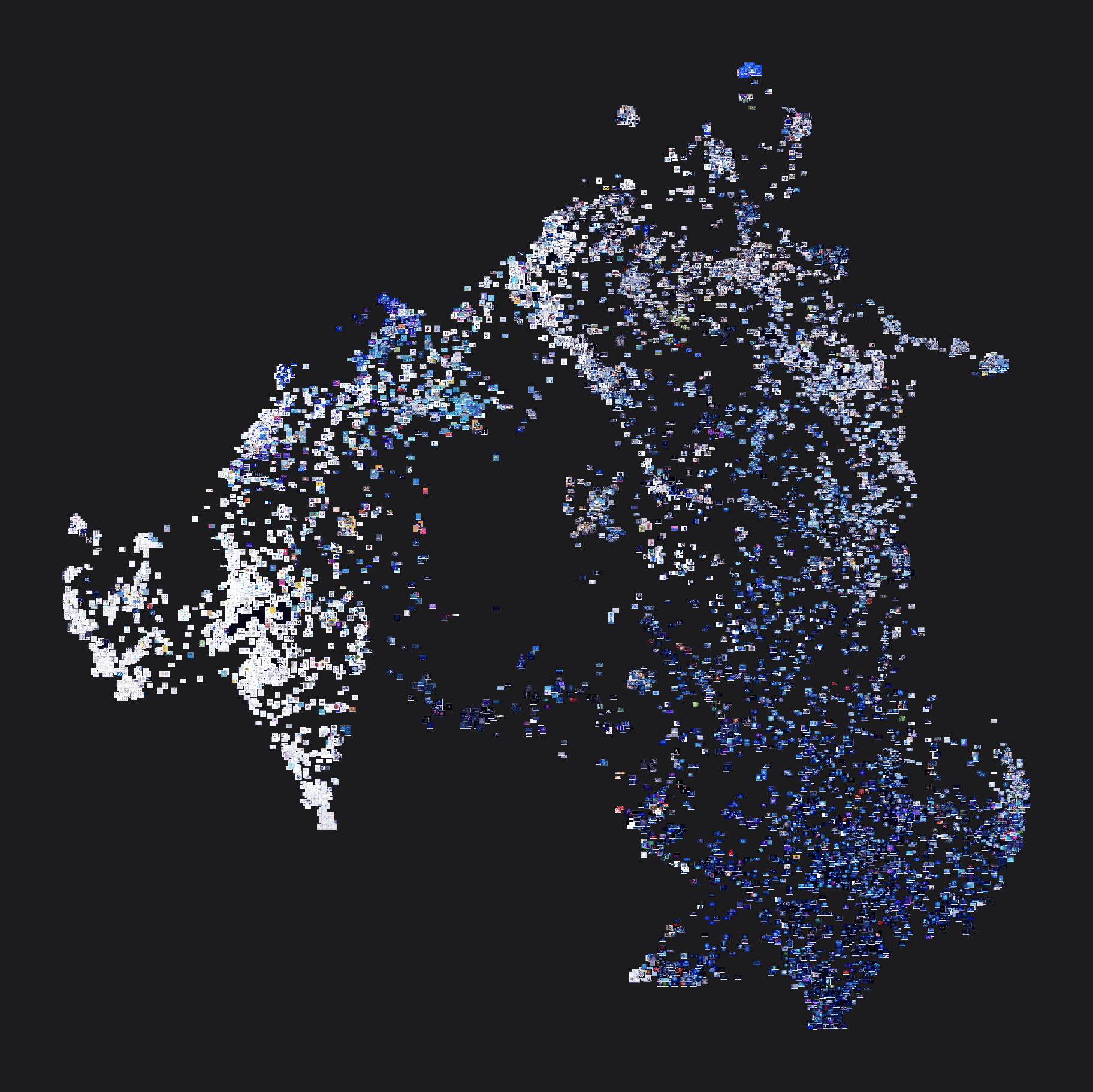Dario Rodighiero is an Assistant Professor of Science and Technology Studies at the University of Groningen, where he is involved in programs that bridge data science with society. Based at the interdisciplinary faculty Campus Fryslân, he coordinates the minor Data Wise and teaches data and visual literacy within the Data Science and Society Bachelor’s program. He maintains active collaborations with Harvard University, where he is a faculty associate at the Berkman Klein Center for Internet & Society and a principal at metaLAB—a research and teaching laboratory dedicated to experimenting with digital technologies in the arts and humanities.
Combining computational techniques with design, Dario investigates how complex information can be revealed. Grounded in Science and Technology Studies, his research focuses on the mapping of science: he is the author of Mapping Affinities: Democratizing Data Visualization, which proposes new ways to design organizational charts. His work further engages with digital cultural archives, exploring questions of representation, interpretation, and self-identification. Visualization is approached as a method for knowledge design, bridging critical inquiry and design practice to foster reflection and dialogue by opening new visual modes of understanding.
Dario holds a PhD from the École polytechnique fédérale de Lausanne (EPFL), where he attended the doctoral program Architecture and Sciences of the City. He has held research and teaching positions at MIT, the European Commission, Paris-Sorbonne University, and Sciences Po. The collaboration with Bruno Latour at the médialab shaped his engagement with digital platforms as tools for philosophical inquiry and collective exploration. He lectured at venues such as CERN and Ars Electronica, and exhibited his work at the MAXXI and Harvard Art Museums, reflecting a sustained commitment to public engagement and interdisciplinary collaboration.
Progetto Grafico
2025
Network Literacy: How to Understand, Design, and Read a Visual Relational Model
Rodighiero, Dario
https://doi.org/10.82068/pgjournal.2025.22.41.08
2025
Network Literacy: How to Understand, Design, and Read a Visual Relational Model
Rodighiero, Dario https://doi.org/10.82068/pgjournal.2025.22.41.08
Models help us navigate the complexity of social life, offering simplified structures that make invisible dynamics legible. Networks stand out for their ability to represent relations directly: nodes and links reduce society to actors and their connections, exposing patterns that often remain hidden in linear accounts. Since the eighteenth century, networks have evolved from mathematical curiosities to essential tools across disciplines. Early sociograms revealed classroom friendships, sociological diagrams exposed social reproduction and inequality, and computational studies now map everything from recipes to scientific collaborations. With their visual grammar, networks invite comparison, clustering, and interpretation across diverse domains. Yet their ubiquity also introduces risks: layouts may be mistaken for objective spaces, central nodes assumed to be more important, and dense graphs admired more for aesthetics than insight. To address these challenges, a new form of literacy is required. Network literacy can be defined as the ability to understand, design, and read visual relational models, combining conceptual knowledge of complex systems with practical skills of visualization and critical interpretation. This paper develops the notion of network literacy as a civic and professional competency, bridging traditions of data literacy and visual literacy. It traces the history of networks from their mathematical and sociological origins to their integration into digital media and design, showing how they reconfigure the codex into a relational mode of reading. It then explores three dimensions: design choices that shape meaning, spatial thinking that guides interpretation, and experimental projects that turn visualization into performative practice. By situating networks at the intersection of information design, critical inquiry, and cultural practice, the paper argues that cultivating network literacy is essential for engaging responsibly with the relational fabric of contemporary knowledge.

Lessico Di Etica Pubblica
2024
Ethical and Aesthetical Questions on Stock Images: The Case of AI’s Depictions
Romele, Alberto, Sabina Rosenbergova, and Dario Rodighiero
https://www.eticapubblica.it/alberto-romele-dario-rodighiero-sabina-rosenbergova-ethical-and-aesthetical-questions-on-stock-images-the-case-of-ais-depictions/
2024
Ethical and Aesthetical Questions on Stock Images: The Case of AI’s Depictions
Romele, Alberto, Sabina Rosenbergova, and Dario Rodighierohttps://www.eticapubblica.it/alberto-romele-dario-rodighiero-sabina-rosenbergova-ethical-and-aesthetical-questions-on-stock-images-the-case-of-ais-depictions/
In this article, the authors deal with stock images depicting AI as a face or a body that undergoes a process of fragmentation into particles, pixels, or voxels. These images, they contend, are the symptoms of a datafied worldview. In the first section, the authors discuss stock images of AI and account for their qualitative-quantitative analyses of about 7,500 images from the online catalog of Shutterstock. These analyses have brought out datafied faces and bodies as one of the main themes among stock images of AI. In the second part, the authors elaborate on the notion of datafication of the worldview and offer some examples from architecture and design. This second section includes a methodological detour, in which the authors propose articulating Panofsky’s iconology and Didi Huberman’s “symptomatic” perspective. In conclusion, the authors reflect on an apparently marginal aspect of stock images of AI: the abundant use of blue.

Land
2025
https://doi.org/10.3390/land14091901
2025
Experiments of Network Literacy for Urban Designers: Bridging Information Design and Spatial Morphology
Rodighiero, Dariohttps://doi.org/10.3390/land14091901
Urban morphology has long been studied through typologies, spatial configurations, and historical change, yet cities are not static artifacts but dynamic environments continually reshaped by people, infrastructures, and politics. This article brings Actor–Network Theory (ANT) into dialogue with Aldo Rossi’s notion of the locus to rethink urban design as both enduring form and relational process. Building on Manuel Lima’s taxonomy, the study develops a methodological workflow that translates street networks into visualizations, pairing embeddings with topographic maps to highlight structural patterns. Applied to a comparative set of cities, the analysis distinguishes three broad morphological tendencies—archetypal, geometrical, and relational—each reflecting different logics of urban organization. The results show how scale and connectivity condition the interpretability of embeddings, revealing both alignments and divergences between cartographic and topological representations. Beyond empirical findings, the article frames network literacy as a meeting ground for design theory, science and technology studies, and information visualization. It concludes by proposing that advancing urban morphology today requires not only new computational tools but also sustained interdisciplinary collaboration across design, urban studies, and data science.
